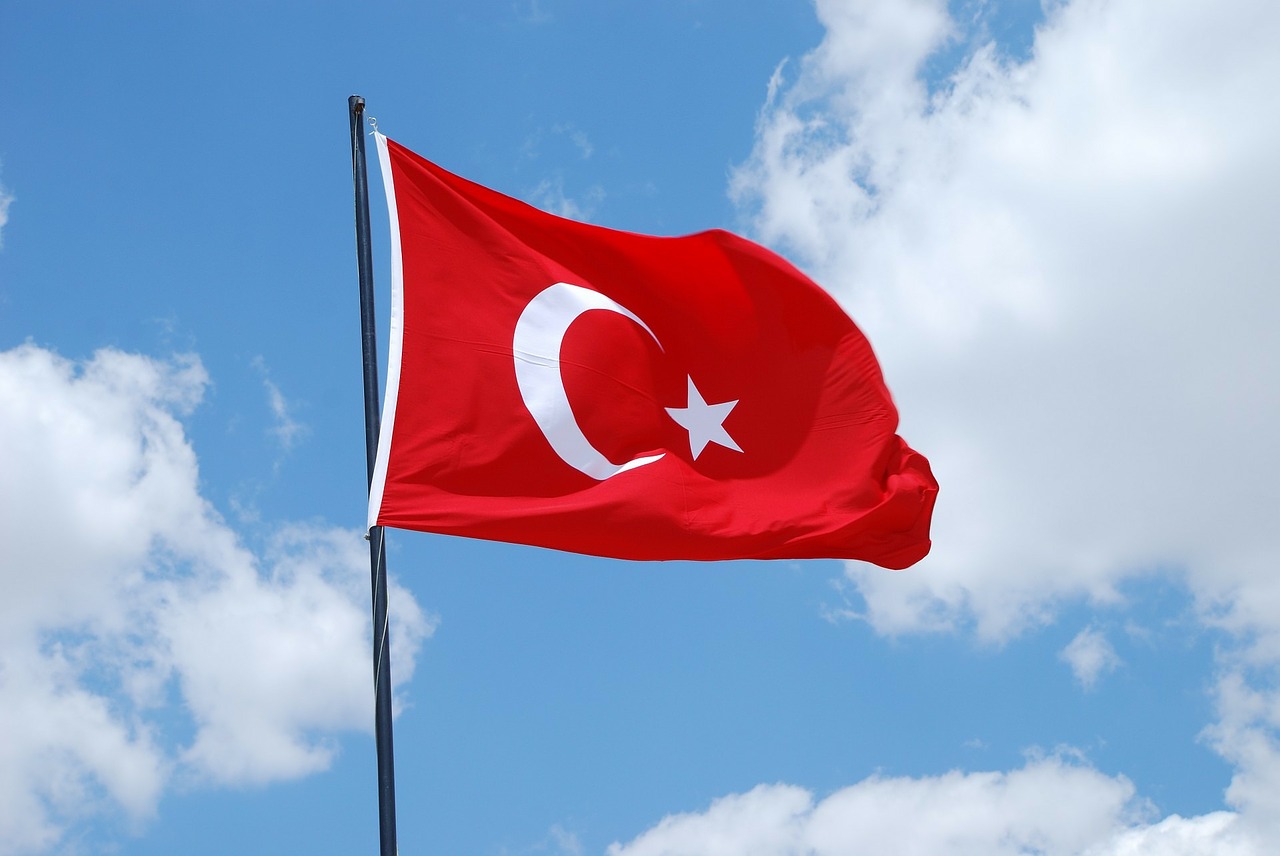Turkey Election: Trading off Democratic Rights for Stability
In the recent election in Turkey, the Justice and Development Party, known as AKP, gained majority power in the government. Despite their increasingly authoritarian tendencies, the AKP gained more power than in the previous elections that took place in June 2015. Some may question why Turkey voted to give sole authority of the state to a pro-Islamist, conservative, authoritarian party, but the stability and security that AKP promises seems to supersede any fears of diminishing , rights. Turkey’s AKP rose to power in 2001 as a reincarnation of the Pro-Islamist parties that were shut down in previous years. Recep Tayyip Erdoğan, President and head of the AKP, emphasized the party’s support for a “conservative democracy” and denied the party was affiliated with religious conservatism. The new majority group jumped right into fulfilling citizens’ demands that Turkey join the European Union. This led to largely democratic reforms including abiding by Europe’s human rights norms, protecting citizen’s political and social rights despite ethnic and religious identity, and the acknowledgement of minorities in Turkey, especially the Kurdish population.
Recently, however, the AKP has slowly begun to diminish democratic norms within Turkey and has started moving toward more authoritarian policies by increasing the powers of the executive branch. For example, the AKP has been using an “ownership strategy” allowing the pro-government business class buy up media outlets and keep the content largely in favor of the ruling party. The AKP has also employed more aggressive tactics such as causing legal or professional trouble for journalists who openly criticize Erdoğan or his party. The greatest indicator of these oppressive qualities seems to be the self-censoring that these policies have created within Turkish society. Journalists and civilians are afraid to speak out against the government because of implicit legal consequences. Similarly, Erdoğan’s insistence on another election so soon after those in June, where results were less favorable to his party, exemplifies a blatant circumvention of democratic norms. Erdoğan plans to use his recently won majority in parliament to introduce an amendment to the constitution which states that he will gain more “presidential powers.” In actuality this amendment will result in his unchecked authority over the state. For example, the president will have a provision to elect ministers without the consent of the parliament which would curtail the democratic rights of Turkish citizens.
With such blatant disregard for democratic norms within Turkey the question still stands as to why Turkish citizens overwhelmingly voted for him in the last election. A clear reason is the economic stability that Erdoğan has promised and now has delivered upon. When he won his first election in 2001, the Turkish economy began to grow annually by over 7.5 percent. After the June elections, Erdoğan promised more economic stability within Turkey if sole power was to be returned to the AKP in November. To some extent, Erdoğan did follow through on his promises. The day after the election the Turkish Lira increased four percent in value against the US dollar. His promises, however, were laced with undertones of nationality, fear of the Kurdish population, Syrian refugees, and even Western powers like the United States.
After the Ankara bombings in October, people had concerns about the security of the nation against foreign threats like ISIS and Western powers, but also internal threats from the Kurdish population. AKP seemed to feed into these fears and began promising heightened security against these forces. Erdoğan called back to the Turkish political rhetoric of the 1930s, when Turkey was described as being under constant threat from internal and external foes. Erdoğan seemed to tap into this psychology of fear and made the instability and insecurity seem a consequence of AKP losing power. With the threat of terrorist attacks and economic instability, the Turkish people seem willing to give up a few democratic rights for stability at home. Although no one can invalidate the fears of the Turkish people, important questions are raised like the legitimacy of increasingly authoritarian regimes if the people elect them. After the elections, Erdoğan urged the West to show respect for the election results and the will of the Turkish people. Will Erdoğan and AKP choose to show the same respect if and when the Turkish people choose to elect another more democratic party in the future, or is this the beginning of a new authoritarian regime in Turkey?f

